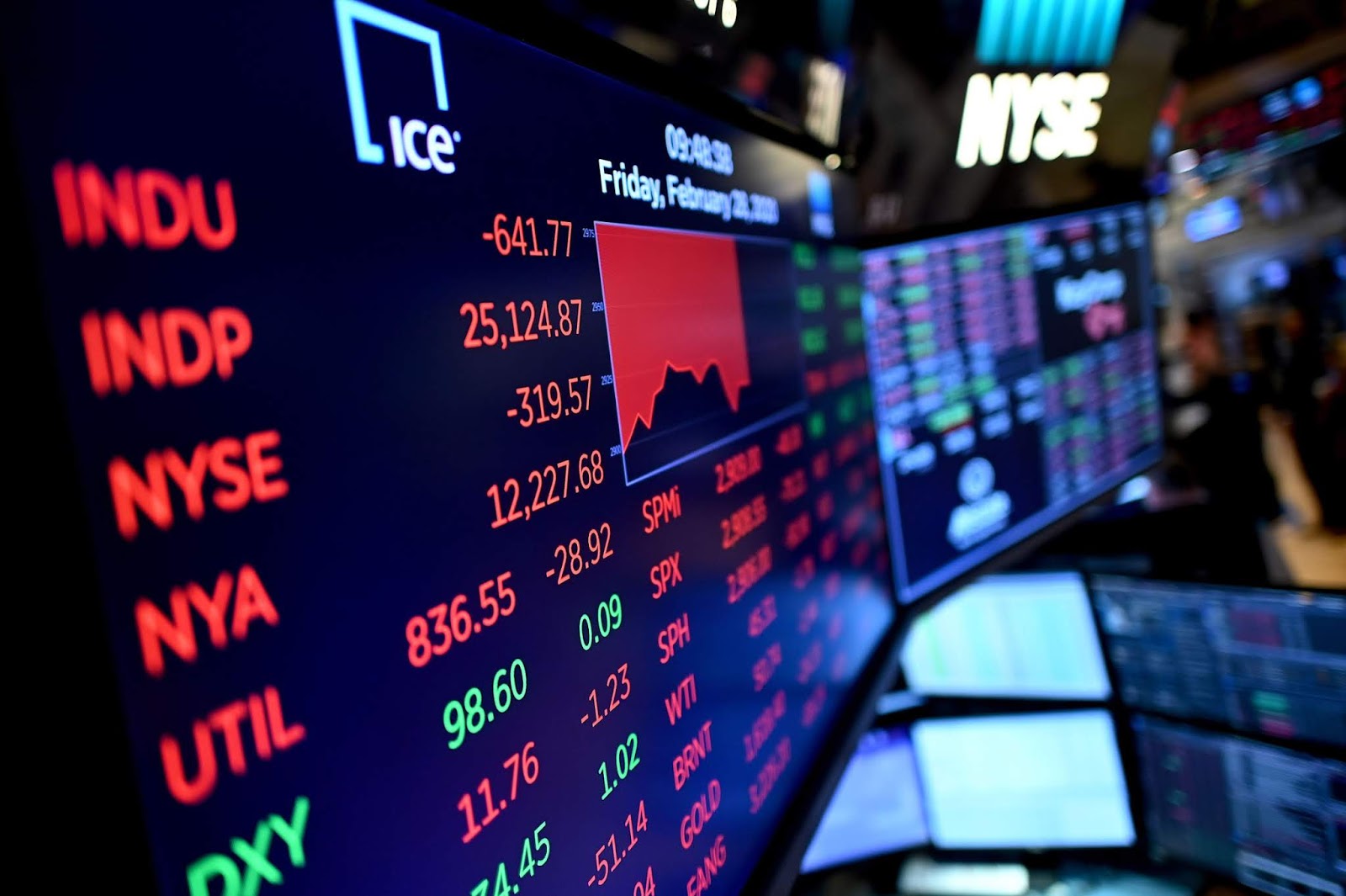On 31st December 2019, a pneumonia of unknown causes was detected in Wuhan, China. This pneumonia grew to be what we call COVID-19. Deeply concerned both by the alarming levels of spread and severity, and by the alarming levels of inaction, WHO made the assessment and declared on 11 March 2020 that COVID-19 can be characterized as a pandemic.
People started panicking and governments of various countries all over the world announced lockdown in their respective countries. It helped people in avoiding the COVID-19 but it brought a disaster upon the most important feature of a country - it's economy. Economies of nearly all the countries fell horrendously. Stock and oil market are the worst hits.
Here's how Covid19 pandemic has affected the global stock market :
India Stock Market :
India Stock Market was flourishing pre-covid19. In January, India was ranked 10 with a market cap of $2.16 trillion. On 20th January 2020, NSE and BSE hitted the peaks and traded at 12,362 and 42,273 respectively. Scenerio of Indian stock market pre-covid19 is tragic. Not only India fell to the 11th spot in the league with $1.57 trillion mcap but on 30 May 2020, NSE and BSE recorded 9580.30 and 32,424.10 respectively.FPIs backing up with dollar-backed assets has led to a sharp downfall in Indian Stock Market too.
Market has lost 26% in dollar terms and emerging markets have declined 15% in between 1 February, 2020 and 9 April, 2020. Tourism, hospitality and entertainment industries are the worst hits and stocks of such companies has descended by 40%. Market value erosion was the highest in India during April, 2020.
"We do recognize equity market is dynamic, often distorted and is perennially mispriced, but nonetheless is perhaps the best measure currently. And, for now, while the US and other EM's have lost around 15% since February 1, India has eroded around 25%. That's a lot of pain," says Edelweiss Securities in a research note dated April 12.
International Stock Market :
The values of the Shanghai Composite index and the Nikkei Stock Average index have descended in the dawn of the pandemic. Japan’s economy was dealt a further blow with the news that the Tokyo 2020 Olympic Games will be postponed by up to a year.
Shanghai Composite Index, the benchmark index of China, has seen a decline of 2.53% since the reported first case of novel coronavirus in the country. Five days prior China reported several cases of an unknown virus to WHO, the Chinese market index stood at 2,962.
The Dow Jones Industrial Average index has reported some of the biggest single-day gains and losses of its history, showing the highly volatile nature of the US financial market. The S&P 500 index and the Nasdaq Composite index have also struggled to not steep too much. A coronavirus aid bill of two trillion dollars was passed by the US Senate to support the American economy in these unparallel times.
Europe's Financial Times Stock Exchange index suffered and saw its steepest one-day fall since 1987.
Stock exchange indexes in Latin America also dropped dramatically as the coronavirus started to spread across the region.
Financial stocks have been the biggest beneficiaries of the recovery rhetoric in Australia, with a sub-index enjoying its best week on record after gaining almost 11.1 per cent.
Effect on two big industries - Oil and technology :
Oil : Demand for oil have dramatically decreased as many consumers around the world choose to be in lockdown. The prices were already affected by a row made between OPEC and Russia. Coronavirus pandemic has seemed to make it far more worse.
There was a light for oil industries but after reporting of new Covid19 cases in Germany, the light seems to be dimming. "Traders stepped back from last week's enthusiasm, contemplating the possibility of a second wave of the epidemic, which, if realised, could drive demand lower than the market hopes and expects for the second half of 2020," said Rystad Energy's head of oil markets, Bjornar Tonhaugen.
Technology : Online travel platforms and many e-commerce websites have seen a rapid and continuous downfall and the circumstances shows no sign of upgrade for months.
However, digital services saw a boom. Social media, e-learning, online video streaming, news, e-health, e-books and many others can say they have benefited from this pandemic. The only light shining during tough times is on this platform as people love the internet. Food delivery apps were shut for quite sometime but they seem to be back in the market once again.
Reviving the market :
The problem for the market is until we know the timeline for recovery of public health, experts can't state the endgame of this crisis. Trading curve for 2020 is expected to be steep in every region and every sector. Although, global trade is expected to rebound rapidly soon after. But, it all depends upon the stop of the pandemic.
When the pandemic is concluded and business and economics could start with normalcy again, recovery would be faster than expected like it always have in the history.
After the Global Financial Crisis of 2008, this crisis too is nothing ordinary. The results of the coronavirus could be felt for months and years even after it's been washed off. May governments have announced relief plans for financial markets but it is best to remain cautious and think twice before catching the falling knife or investing in stocks.






Comments